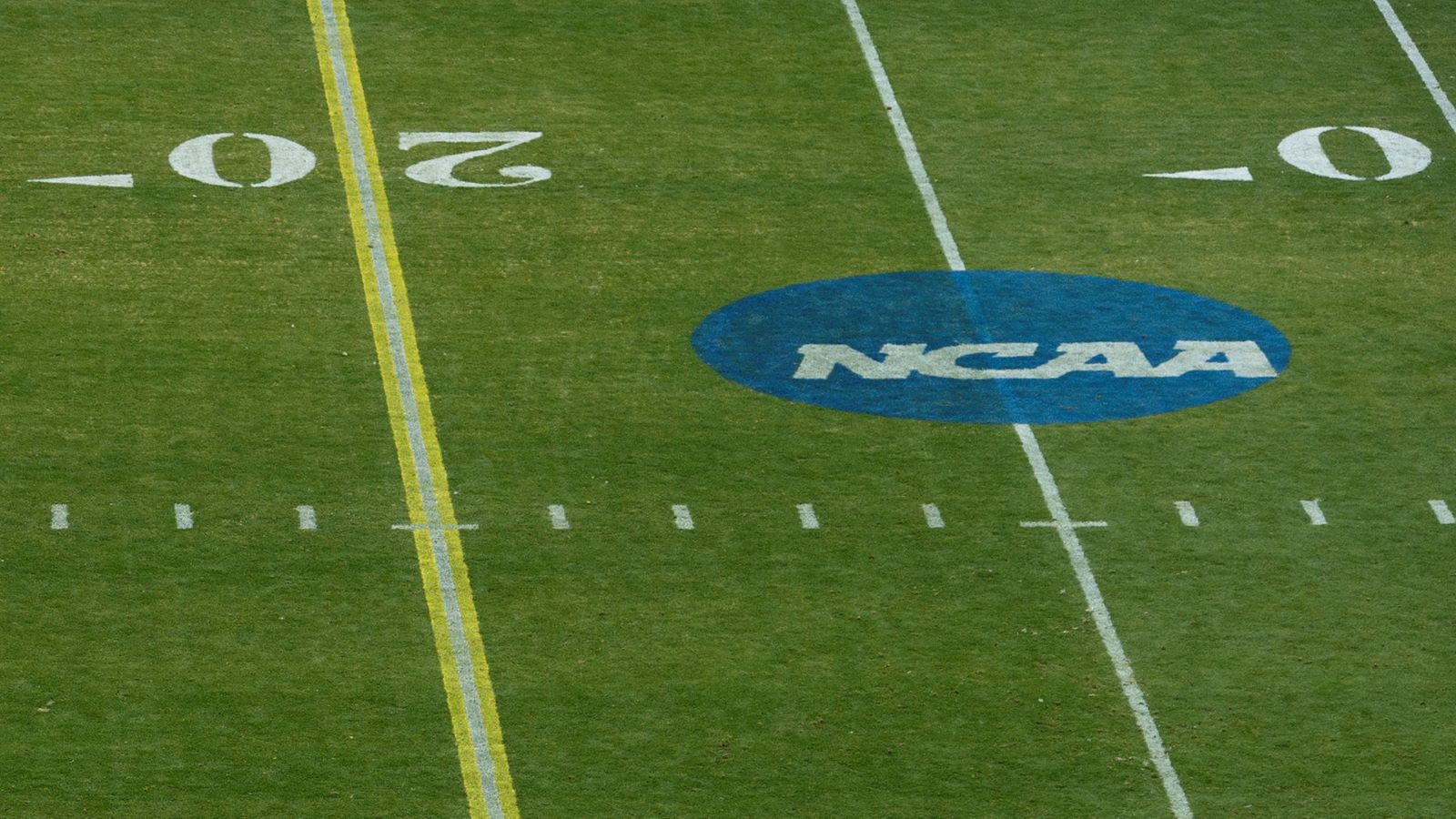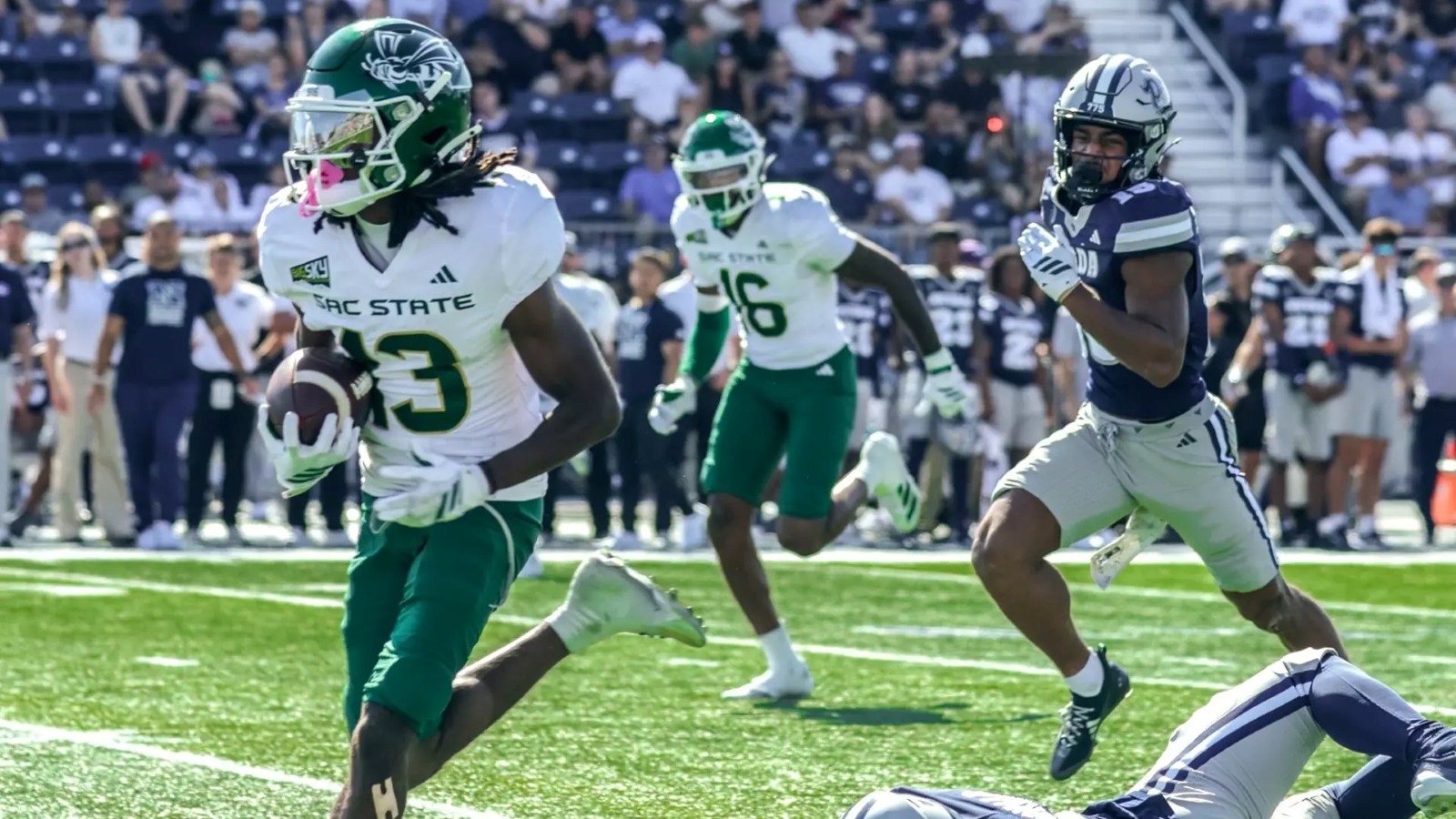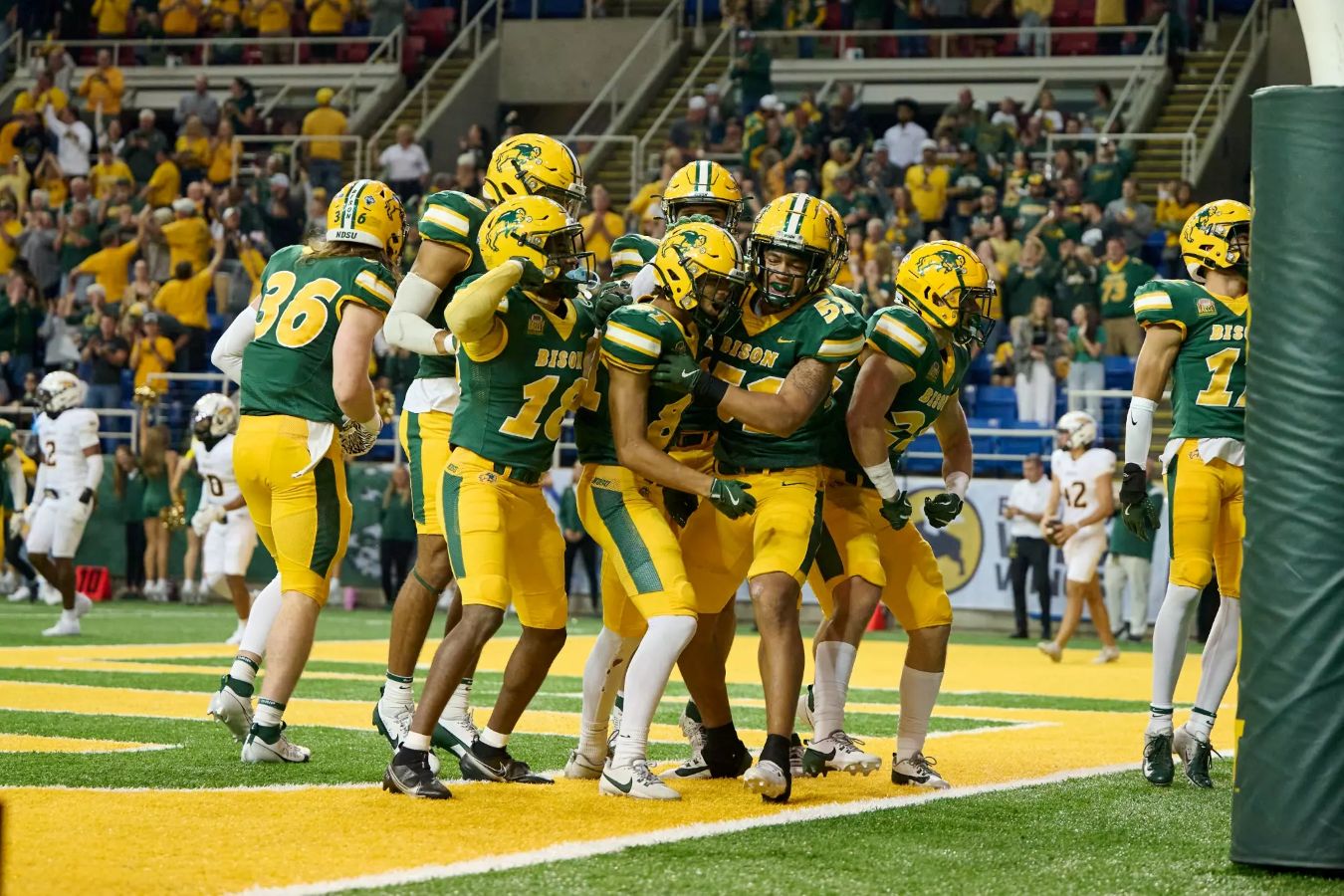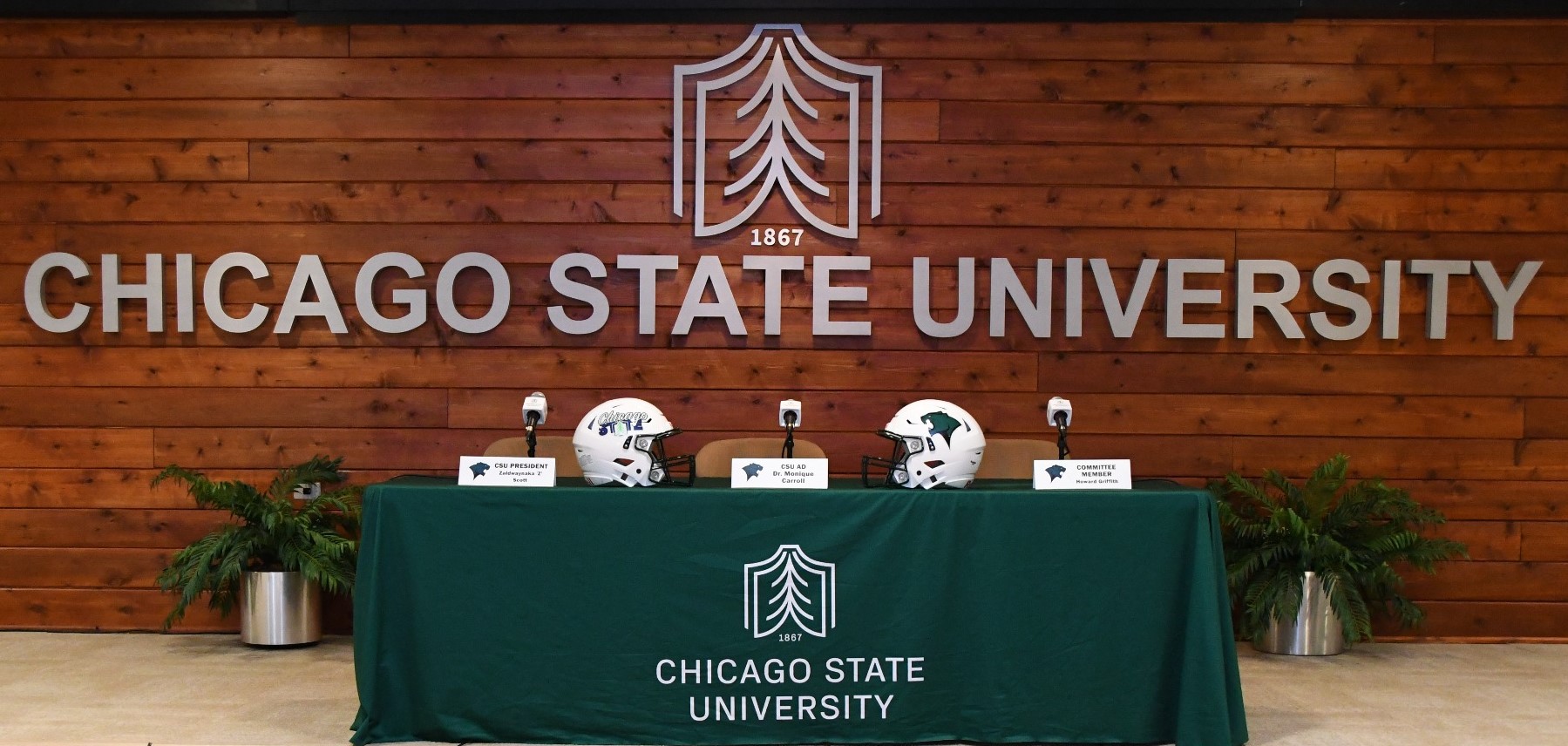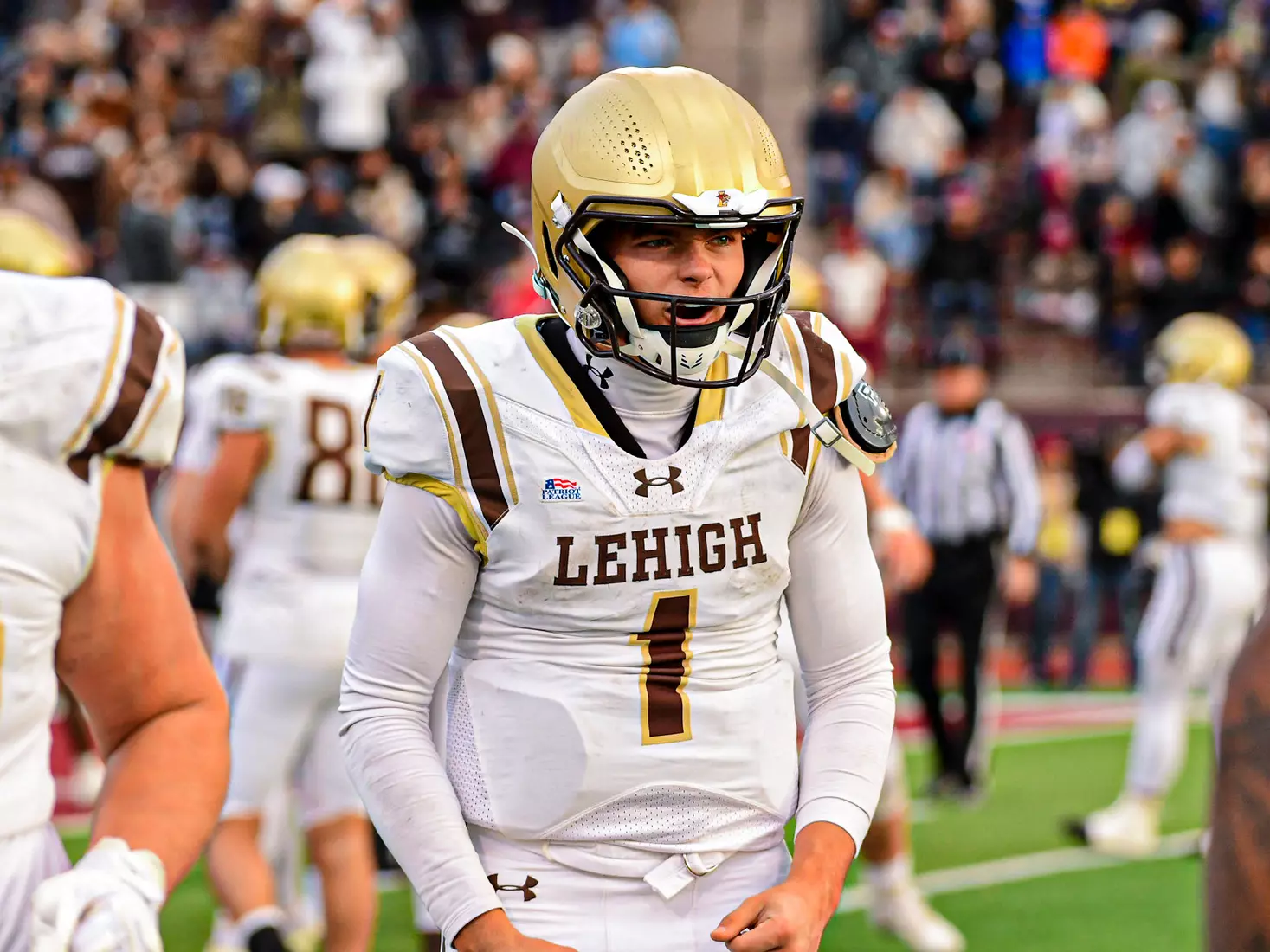The NCAA has amended its infractions policy to reflect exemplary cooperation during a case. The change will become effective on August 1, 2024. The NCAA provided a list of examples that would be considered exemplary cooperation such as:
- Volunteering all pertinent school and personal information that is in the party’s possession or should be reasonably expected to further the infractions process and its expectations.
- Identifying individuals to be interviewed of whom the enforcement staff might otherwise be unaware.
- Expending substantial resources (financial, dedication of personnel, unfettered access to information) to expedite the gathering of information.
- Taking sufficient action to address violations through self-imposed penalties or proposing meaningful corrective measures.
- Recognizing and bringing to the attention of the enforcement staff violations related to the investigation about which the enforcement staff might otherwise be unaware.
Should a program or individual meet the stated exemplary cooperation criteria, the NCAA will reduce the case by one classification level and lessen the penalties involved. The NCAA will not impose any postseason bans for those who show exemplary cooperation except for repeat violators who will continue to be subject to a potential postseason ban.
The NCAA has also amended its fine structure for Level I and Level II infractions, which will now begin at $25,000 – $50,000 after previously starting at $5,000. The NCAA can also add additional penalties based on the program’s budget with percentages ranging from 1% to 10%. The NCAA is still considering whether vacating records will become a core penalty for infraction cases. Core penalties are automatically applied in cases involving athlete eligibility.
Infractions cases resulting in postseason bans are uncommon at the FCS level with 35 cases since the Division I split in 1978. The last occurrence of such a case was in 2014 when Arkansas-Pine Bluff was hit with a one-year postseason ban and put on probation for 7 years for allowing 124 ineligible athletes to compete across 11 different sports programs.
Photo Credit to the NCAA

